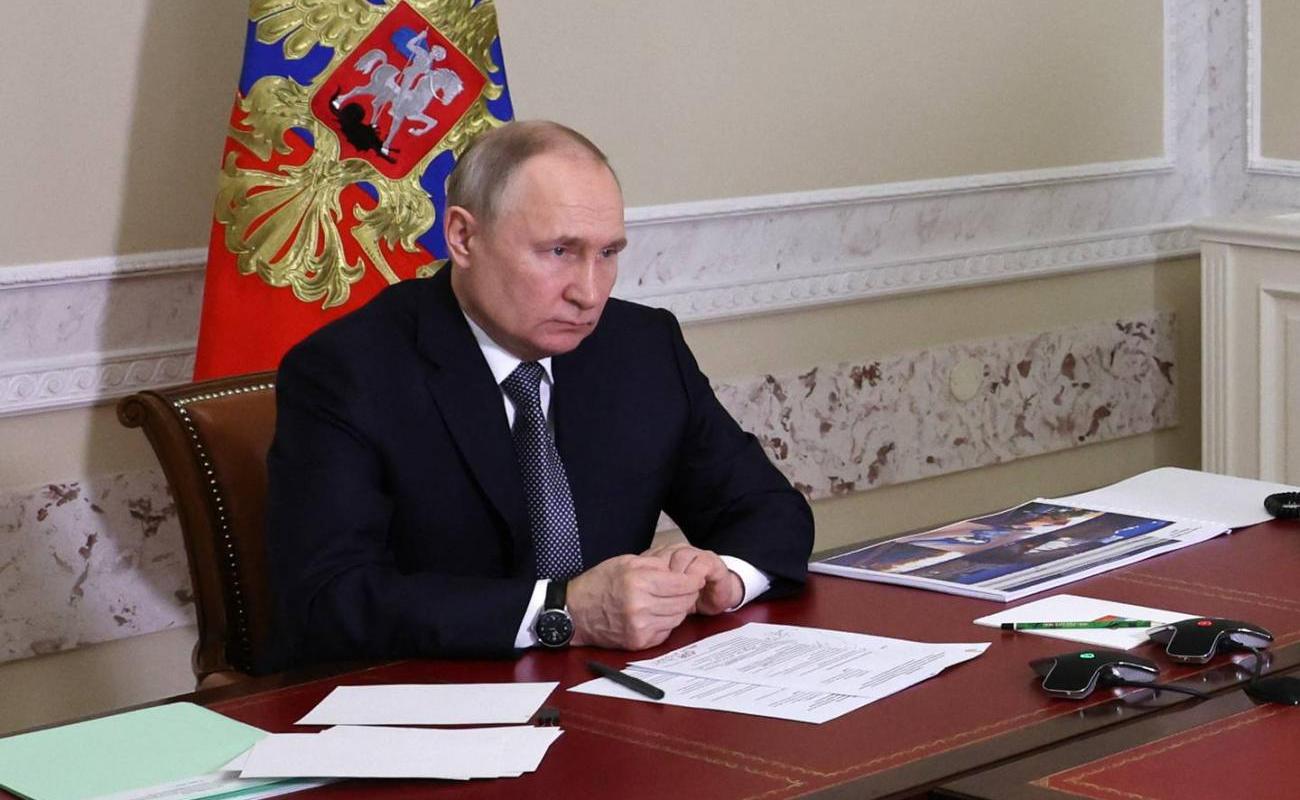Russian spy network smuggles sensitive EU tech to fuel war in Ukraine despite sanctions

A Russian spy network has acquired sensitive technology from EU companies to fuel Vladimir Putin’s war in Ukraine even after a US-led crackdown on the covert smuggling ring.
The network – set up to procure goods ranging from microchips to ammunition – has managed to obtain machine tools from Germany and Finland despite US sanctions imposed in March 2022, a Financial Times investigation has found.
The procurement cell’s continued ability to operate in Europe illustrates the challenges faced by western governments as they attempt to choke off the supply of critical technology for Russia’s military-industrial complex.
The “Serniya network” has been accused by the US department of justice of working on “highly sensitive and classified procurement activities” on behalf of Russia’s FSB spy agency, including for its Directorate for Scientific and Technological Intelligence, commonly known as “Directorate T”.
Other clients include the Kremlin’s Foreign Intelligence Service, known as the SVR; the state-owned defence conglomerate Rostec; Russia’s ministry of defence; and Rosatom, the state atomic energy company in charge of the country’s nuclear arsenal.
[ Ukraine one year on: ‘Why should I leave my home, my world, my country?’ ]
The Financial Times has found that a Russian company, controlled by the same person that controls a Serniya network entity described by the US as “engaged in proliferation activities at the direction of Russian intelligence services”, has continued to buy items from companies inside the EU.
Corporate records, import declarations and interviews reveal that Trading House Treydtuls, registered to an address in an industrial estate in north Moscow, has acquired $900,000 (€815,000) of materials since the Ukraine war started, including microchips and items for industrial manufacturing, mostly from the EU.
Treydtuls is registered at the same address as Robin Trade, part of the Serniya network, and owned by the same person, a Russian national called Alexey Zibyrov. One western official presented with the Financial Times’ findings confirmed that Zibyrov, who has not been named or charged by the US authorities, is considered to be a person “of interest” in relation to his FSB ties.
Commercially available customs records, corroborated with import data shared with the Financial Times by Maxim Mironov, a finance professor at the IE business school in Madrid, show Robin Trade moved $12.2 million (€11 million) of goods into Russia up to April 2022 before its revenues plummeted by 90 per cent after sanctions were imposed.
As other parts of the network ceased their buying activity in the wake of sanctions, Treydtuls began to import machine tools from a company in Germany. Customs records show Treydtuls brought in 22 tonnes of equipment from Germany to Russia, with a declared value of $554,000 (€502,000), by the end of 2022.
Customs records also show that Treydtuls simultaneously bought $253,000 (€229,000) of integrated circuit boards from a small company in Singapore. The items were made by the US semiconductor groups Analog Devices, Texas Instruments and Altera, and the German company IC-Haus.
All these companies have ceased exports to Russia, increasing the need for Russian state and military entities to source advanced electronics from third countries.
